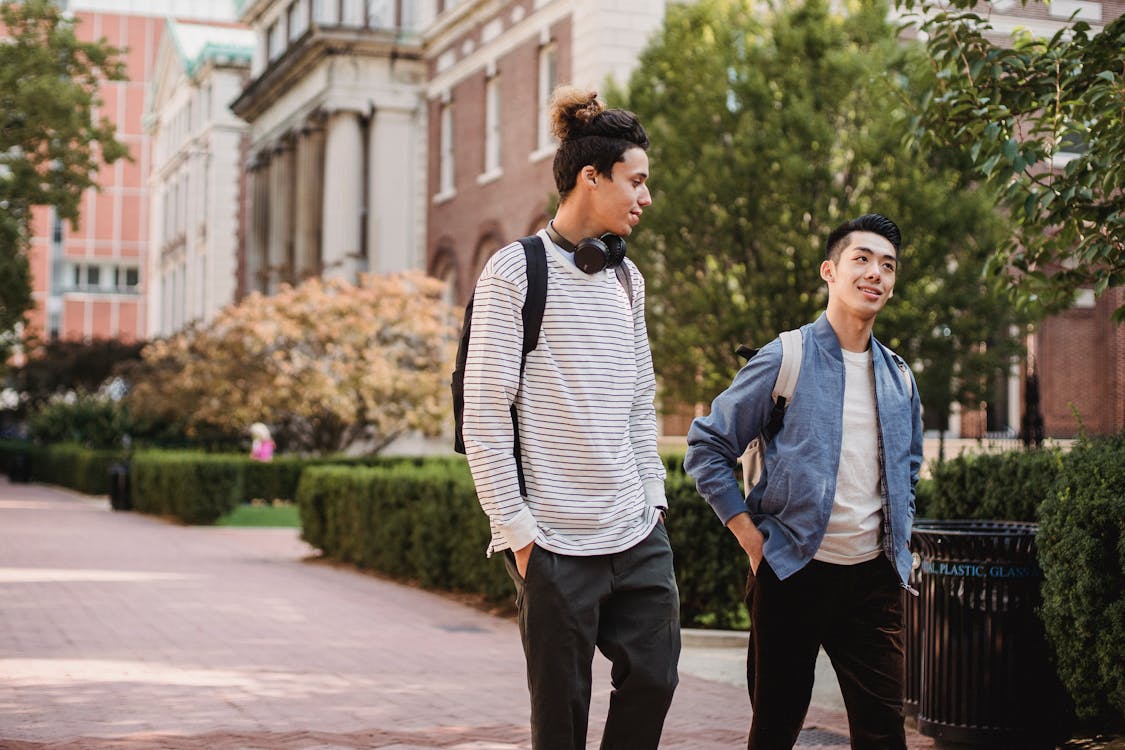
Introduction: Studying abroad can be an exciting opportunity to experience new cultures, make lifelong memories, and gain a broader perspective on the world. However, with cultural differences comes the potential for misunderstandings and confusion. In this article, we will explore the cultural differences students may encounter when studying abroad and provide tips on how to navigate and embrace diversity.
Understanding Cultural Differences:
Each country has its own unique set of cultural values and practices, including customs, traditions, and social norms. To fully embrace and appreciate a new culture, it’s important to understand these differences and their significance. Researching the country’s history, religion, and social norms can help provide insight and context into the culture.
Language and Communication:
Language barriers can be a significant challenge when studying abroad. Learning some of the local language before departure can be beneficial, and enrolling in language classes while abroad can help improve communication skills. It’s also essential to understand the nuances of communication, including body language and tone.
Customs and Traditions:
Different cultures have their own customs and traditions, from food and clothing to holidays and celebrations. Learning about and participating in these traditions can be an enriching experience and a great way to connect with the local community.
Social Norms:
Social norms can vary significantly between cultures, and what is acceptable in one country may be considered rude or offensive in another. Understanding these norms and adapting accordingly can help avoid misunderstandings and social missteps.
Adapting to a New Environment:
Adapting to a new environment can be challenging, but it’s essential to immerse yourself in the local culture and embrace new experiences. Trying new foods, exploring new places, and meeting new people can help broaden your perspective and make the most of your study abroad experience.
Embracing Diversity:
Studying abroad provides an opportunity to meet people from all over the world, and embracing diversity can be one of the most rewarding aspects of the experience. Learning from others and appreciating their differences can help break down barriers and foster a more inclusive and connected global community.
Conclusion:
Studying abroad can be a life-changing experience, but it’s important to be aware of and embrace cultural differences. By understanding and respecting the local culture, adapting to a new environment, and embracing diversity, students can make the most of their study abroad experience and gain a broader perspective on the world.
